Alexa Woronowicz
Alexa Woronowicz is chief copy editor for ALM and associate editor for The Legal Intelligencer. Contact her at [email protected] or on Twitter @AWoronowiczTLI.

May 10, 2018 | The Legal Intelligencer
Direct Examination of Expert Witnesses: Help Them Tell Their StoryMany lawyers are concerned about how to deal with an expert witness. Interestingly enough, the same rules and concepts that apply to questions for lay witnesses, also apply to an expert witness.
By Lynne Z. Gold-Bikin
5 minute read

May 10, 2018 | The Legal Intelligencer
Ethics Forum: Questions and Answers on Professional ResponsibilityI am in-house counsel working with an insurance company and want to save money. To do so, I would utilize paralegals and in-house office attorneys with a company that is located in other states to prepare documents, pleadings and strategy. Then outside counsel would be hired to review the documents and then appear in the local court. Is this ethical?
By Samuel C. Stretton
7 minute read
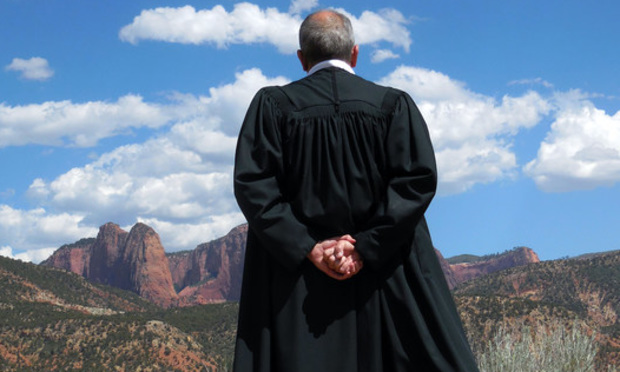
May 10, 2018 | Law.com
Gavel-Traveling Judge Is Geared Up for National Parks DutyU.S. Magistrate Judge Robert Braithwaite's jurisdiction is unlike any other in the country.
By Randy Maniloff
7 minute read
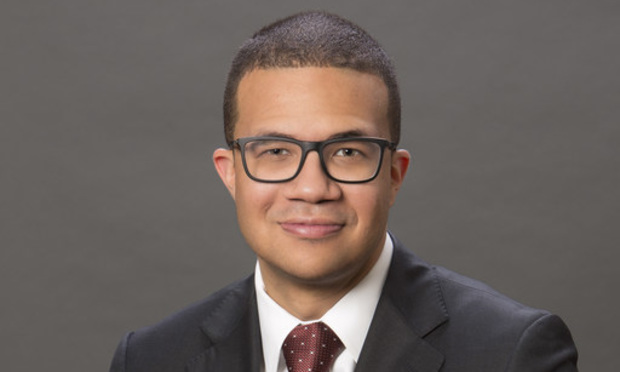
May 09, 2018 | The Legal Intelligencer
Trust the Writing Process: How to Perfect Your Legal ProseWe are employed because of our use of language. We must learn to love words, and use them effectively.
By Raphael F. Castro
7 minute read
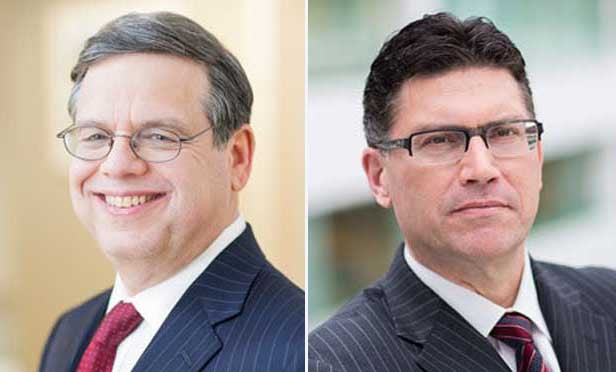
May 09, 2018 | Delaware Business Court Insider
Bankruptcy Court Enjoins Creditor From Pursuing Claims in Chancery in Chapter 11 Trust LiquidationIn JMO Wind Down, Chief Bankruptcy Judge Brendan Shannon considered a motion to enjoin a creditor from pursuing claims against various defendants that were pending in a civil action in the Delaware Court of Chancery based on the provisions of the debtor's Chapter 11 plan of liquidation.
By Barry M. Klayman and Mark E. Felger
1 minute read

May 03, 2018 | The Legal Intelligencer
Without a Broad Understanding of E-Discovery, Primer's Rules May Go UnfollowedThe primer sets forth the rules well, but it does not, nor could it, explain how our judicial system will compel the litigants to follow them. Moreover, until e-discovery is understood as well by as many courts and litigators who understand other principles of that have been part of all phases of litigation, e.g., small cases as well as larger ones, for much longer, it is unlikely that the principles set forth in the primer will be widely followed.
By Leonard Deutchman
8 minute read

May 03, 2018 | The Legal Intelligencer
A Reasoned Approach to Jury Instructions and Evidentiary Issues in Products Liability CasesOn April 19, two venerable defense attorneys, Gerry Cedrone and Eugene Hamill of Lavin, O'Neil, Cedrone & DiSipio, published an article in the Legal Intelligencer which provided a host of thoughtful but differing constructs of the current state of the law,
By Larry E. Coben
11 minute read

May 02, 2018 | Delaware Business Court Insider
Chancery Court Nullifies Cancellation of Certificate of Formation of Delaware LLCsParties who form Delaware limited liability companies to organize their business affairs do so to structure their relationships contractually. This enables them to organize the governance and economic rights in a manner tailored to the enterprise they are establishing.
By Lewis H. Lazarus
1 minute read
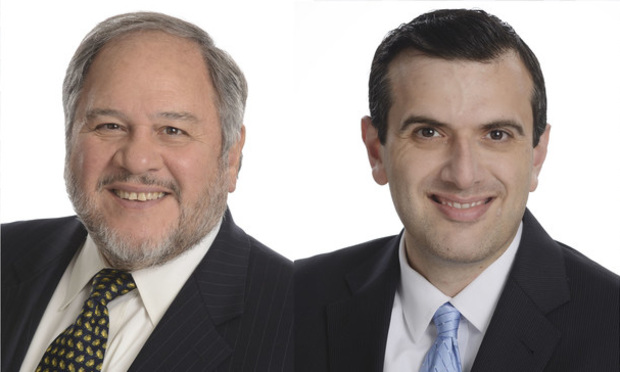
May 01, 2018 | The Legal Intelligencer
'Alice' and the Search for Patent Eligible Software PatentsThe U.S. Supreme Court's June 2014 landmark decision Alice v. CLS Bank International altered the course and viability of software patents in the United States and continues to cause uncertainty over the eligibility of software for patent protection.
By Anthony S. Volpe and Harry Vartanian
8 minute read
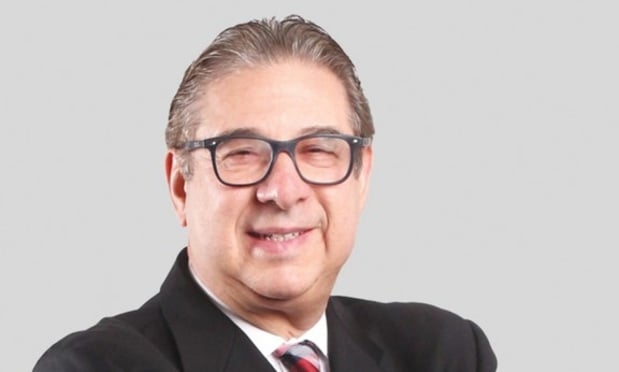
April 26, 2018 | The Legal Intelligencer
Collecting That Foreign Arbitration Award in Franchising or Other TransactionsCollecting the award starts with the beginning of the cross-border transaction, franchising or otherwise. By building a strong foundation for enforcement of the contract, the existing but inadequate legislation and case law can be used to successfully collect foreign awards.
By Craig R. Tractenberg
9 minute read
Trending Stories
- 1Wholesale Real Estate Transaction Transparency and Protection Act Takes Effect Jan. 4: What You Need to Know
- 2Decision of the Day: 'Attorney's Eyes Only' Protective Order Denied; Good Cause Not Demonstrated
- 3The Crypto Guys Seem to Like Paul Atkins as a New SEC Commissioner, but Will He Be Good for the Securities Industry?
- 4Lawsuits, AI Accuracy and Debt: Legal Tech Companies that Ran Into Trouble in 2024
- 5Preemptive Litigation: A Potential Approach for a Precise Situation
More from ALM
- Scan In Progress: Litigators Leverage AI to Screen Prospective Jurors 1 minute read
- Legal Speak at General Counsel Conference East 2024: Match Group's Katie Dugan & Herrick's Carol Goodman 1 minute read
- Legal Speak at General Counsel Conference East 2024: Eric Wall, Executive VP, Syllo 1 minute read



